Home

Fertility Problems

7 Steps to Getting Pregnant with Blocked Fallopian Tubes: Unlocking Parenthood
In this Article

Fertility Problems
7 Steps to Getting Pregnant with Blocked Fallopian Tubes: Unlocking Parenthood
Updated on 15 September 2023
Are you longing to experience the joy of parenthood, but struggling with blocked fallopian tubes? Don't lose hope just yet! In this article, we will take you on a journey through the 7 steps to getting pregnant with blocked fallopian tubes and unlock the path to parenthood. We understand the emotional rollercoaster you may be on, and we're here to provide guidance, support, and hope. So, let's dive in together and discover how to open blocked fallopian tubes and realise your dreams of starting a family.
How Do Blocked Fallopian Tubes Affect Fertility?
Blocked fallopian tubes can significantly impact a woman's ability to conceive. The fallopian tubes play a crucial role in transporting the egg from the ovary to the uterus for fertilization. When one or both tubes are blocked, it prevents the sperm from reaching the egg, resulting in infertility.
In addition to hindering the fertilization process, blocked fallopian tubes can also increase the risk of ectopic pregnancy. The fertilized egg may implant and start growing in the fallopian tube instead of the uterus, which can be life-threatening if not detected and treated promptly.
It is crucial for women experiencing fertility issues or suspecting blocked fallopian tubes to seek medical evaluation and explore treatment options to improve their chances of conception.
What are the Causes and Symptoms of Blocked Fallopian Tubes?
Blocked fallopian tubes can have various causes and understanding them can help in determining the appropriate treatment approach. Some common causes include:
1. Pelvic Inflammatory Disease (PID)
Infection of the reproductive organs, usually caused by sexually transmitted infections like chlamydia and gonorrhea, can lead to scarring and blockage of the fallopian tubes.
2. Endometriosis
This condition occurs when the tissue lining the uterus starts growing outside the uterus, including on the fallopian tubes. The resulting scar tissue can block the tubes.
3. Previous Pelvic Surgery
Surgeries like tubal ligation or removal of ovarian cysts can sometimes result in scarring and blockage of the fallopian tubes.
4. Uterine Fibroids
Non-cancerous growths in the uterus, known as uterine fibroids, can put pressure on the fallopian tubes, causing blockage.
The symptoms of blocked fallopian tubes may vary from person to person. Some women may experience no symptoms at all, while others may have:
- Irregular menstrual cycles
- Painful periods
- Pain during intercourse
- Unexplained pelvic pain
- Infertility or difficulty conceiving
7 Steps to Getting Pregnant with Blocked Fallopian Tubes
While blocked fallopian tubes can pose challenges to conception, there are steps women can take to increase their chances of getting pregnant. Here are seven steps to consider on how to open blocked fallopian tubes:
1. Seek Medical Evaluation
If you suspect blocked fallopian tubes or are experiencing fertility issues, consult with a fertility specialist or gynecologist for a thorough evaluation. They can determine the cause of the blockage and recommend appropriate treatment options.
2. Explore Traditional Treatments
Discuss traditional treatment options such as surgery, IVF, or tubal cannulation with your healthcare provider. Understand the benefits, risks, and success rates associated with each option to make an informed decision.
3. Consider Non-Surgical Alternatives
Explore fallopian tube blockage treatment without surgery like fertility massage, herbal remedies, acupuncture, or castor oil packs to support the opening of blocked fallopian tubes. You can also consider fallopian tube blockage treatment in Ayurveda with qualified practitioners.
4. Adopt a Healthy Lifestyle
Maintain a healthy weight, eat a balanced diet rich in fertility-boosting nutrients, exercise regularly, and avoid smoking and excessive alcohol consumption. These lifestyle changes can positively impact overall reproductive health.
5. Manage Stress
Excessive stress can affect fertility. Practice stress management techniques such as yoga, meditation, deep breathing exercises, or seeking support from a therapist or counselor.
6. Track Ovulation
Monitoring your menstrual cycle and tracking ovulation can help optimize timing for intercourse. There are various methods available, such as ovulation predictor kits or tracking basal body temperature.
7. Stay Positive and Seek Support
Dealing with infertility can be emotionally challenging. Joining support groups or seeking counseling can provide emotional support and guidance throughout the journey.
Traditional Treatment Options for Blocked Fallopian Tubes
When diagnosed with blocked fallopian tubes, various traditional treatment options are available, depending on the severity of the blockage and the underlying cause. Here are some common approaches:
1. Surgery
Surgical procedures like laparoscopy or hysteroscopy can be used to remove blockages or repair the fallopian tubes. However, surgery may not always be possible or successful, especially if the blockage is severe or there are extensive adhesions.
2. In Vitro Fertilization (IVF)
IVF involves fertilizing the eggs with sperm in a laboratory and then transferring the resulting embryos into the uterus. This bypasses the need for the fallopian tubes and can be a viable option for women with blocked tubes.
3. Tubal Cannulation
This procedure involves using a catheter to clear the blockage in the fallopian tubes. It is often performed under X-ray guidance and can be effective in cases of minor blockages.
4. Tubal Reversal Surgery
In cases where the fallopian tubes were previously surgically blocked or ligated, a reversal surgery can be considered to restore their functionality.
It is essential to consult with a fertility specialist to determine the most suitable treatment option based on individual circumstances.
Fallopian Tube Blockage Treatment without Surgery
For women seeking non-surgical treatment, there are several options available for opening blocked fallopian tubes. These methods focus on improving the natural flow of the tubes and reducing inflammation.
Here are some non-surgical treatment options to consider in your 7 steps to getting pregnant with blocked fallopian tubes:
1. Fertility Massage
Specific massage techniques can help improve blood circulation to the reproductive organs and reduce adhesions and scar tissue, potentially promoting the opening of blocked fallopian tubes. Fertility massage should be performed by a trained therapist.
2. Herbal Remedies
Certain herbs, such as Lodhra, red clover and dong quai, have been traditionally used to support reproductive health and improve fallopian tube function. However, it is crucial to consult with a qualified herbalist or naturopath before trying any herbal remedies.
3. Acupuncture
Acupuncture involves the insertion of thin needles into specific points in the body to stimulate energy flow and promote healing. Some studies suggest that acupuncture may help improve fallopian tube function and increase fertility.
4. Castor Oil Packs
Applying warm castor oil packs to the lower abdomen can help improve circulation, reduce inflammation, and break down scar tissue. Regular use of castor oil packs may potentially aid in opening blocked fallopian tubes.
It is important to note that non-surgical treatments may not be effective for all cases of blocked fallopian tubes. It is advisable to consult with a qualified healthcare professional to determine the most appropriate approach.
Fallopian Tube Blockage Treatment in Ayurveda
Ayurvedic treatments aim to balance the body, mind, and spirit to promote overall well-being and restore fertility. Here are some Ayurvedic treatments on how to open blocked fallopian tubes:
1. Panchakarma
Panchakarma is a detoxification and rejuvenation therapy in Ayurveda. It involves a series of procedures like oil massages, herbal steam treatments, and enemas to eliminate toxins from the body and restore balance.
2. Herbal Remedies
Ayurvedic herbs like ashwagandha, shatavari, and gokshura are commonly used to support reproductive health and address blockages in the fallopian tubes. These herbs are believed to have anti-inflammatory and rejuvenating properties.
3. Yoga and Meditation
Ayurveda emphasizes the importance of mind-body balance. Practicing yoga asanas and meditation can help reduce stress, improve blood circulation, and support overall reproductive health.
4. Dietary and Lifestyle Modifications
Ayurvedic practitioners may recommend specific dietary guidelines and lifestyle modifications tailored to an individual's constitution (dosha) to promote reproductive health and optimize fertility.
You may also like: 8 Natural Herbs to Boost Fertility: Your Guide to Ayurveda's Best Kept Secrets
It is important to consult with a qualified Ayurvedic practitioner who specializes in fertility to receive personalized treatment recommendations and guidance.
Alternative Therapies for Improving Fertility with Blocked Fallopian Tubes
In addition to fallopian tube blockage treatment without surgery, alternative therapies may be considered to improve fertility and support the opening of blocked fallopian tubes. Here are some alternative therapies to explore:
1. Traditional Chinese Medicine (TCM)
TCM, including acupuncture and herbal remedies, has been used for centuries to enhance fertility and address reproductive health issues. Acupuncture aims to balance the body's energy flow, while specific herbs may support fallopian tube function.
2. Homeopathy
Homeopathic remedies are individualized treatments that aim to stimulate the body's innate healing ability. Consult with a qualified homeopath to explore remedies that can support fertility and address any underlying causes of blockage.
3. Energy Healing
Energy healing modalities like Reiki or Healing Touch focus on balancing the body's energetic system to promote overall well-being. These therapies may help reduce stress, improve circulation, and support the body's natural healing processes.
4. Mind-Body Techniques
Practices like hypnotherapy, visualization, or guided imagery can help individuals create a positive mindset, reduce stress, and enhance overall well-being. These techniques may be used alongside other treatment options for improved outcomes.
You may also like: What to Do After Sex & What Not to For Fast Conception?
It is important to consult with qualified practitioners who specialize in these alternative therapies and work in conjunction with your healthcare provider.
Closing Thoughts
Blocked fallopian tubes can pose challenges to achieving parenthood, but with the right approach and support, there is still hope. By seeking medical evaluation, exploring treatment options and adopting healthy lifestyle changes, women can empower themselves on the journey to parenthood. Besides the 7 steps to getting pregnant with blocked fallopian tubes, remember to stay positive, seek support when needed, and be kind to yourself throughout the process.
References
1. Ambildhuke K, Pajai S, Chimegave A, Mundhada R, Kabra P. (2022). A Review of Tubal Factors Affecting Fertility and its Management. Cureus.
2. Shukla Upadhyay K, Karunagoda K, Sata N, Dei LP. (2010). Effect of Kumari Taila Uttar Basti on fallopian tube blockage. Ayu.
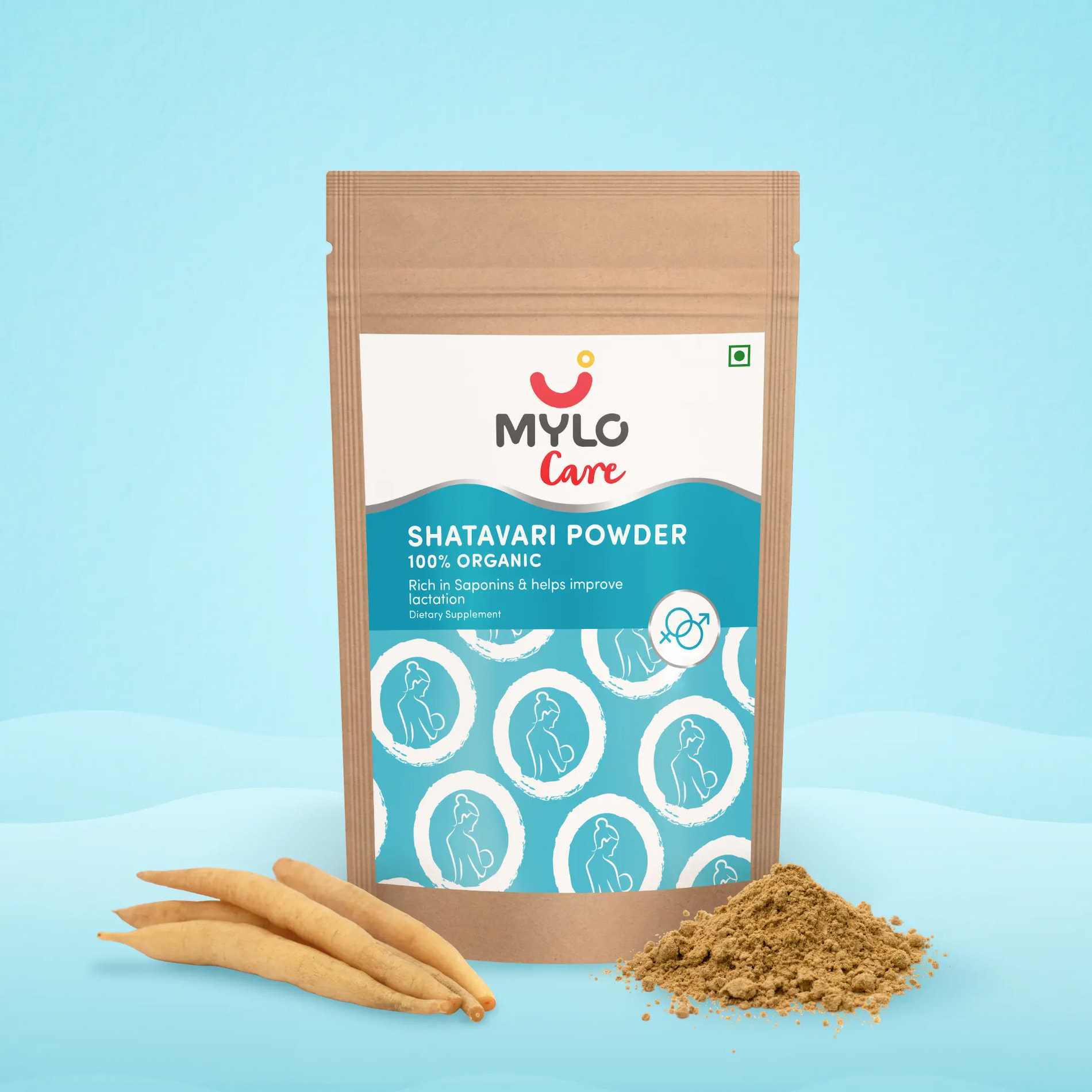
Shatavari Powder - 100 gm
Improves Lactation | Promotes Hormonal Balance | Relieves Stress & Anxiety | Clinically Tested
₹ 215

4.1
(1161)


6968 Users bought



Written by
Ravish Goyal
Official account of Mylo Editor
Read MoreGet baby's diet chart, and growth tips

Related Articles
Related Topics
RECENTLY PUBLISHED ARTICLES
our most recent articles
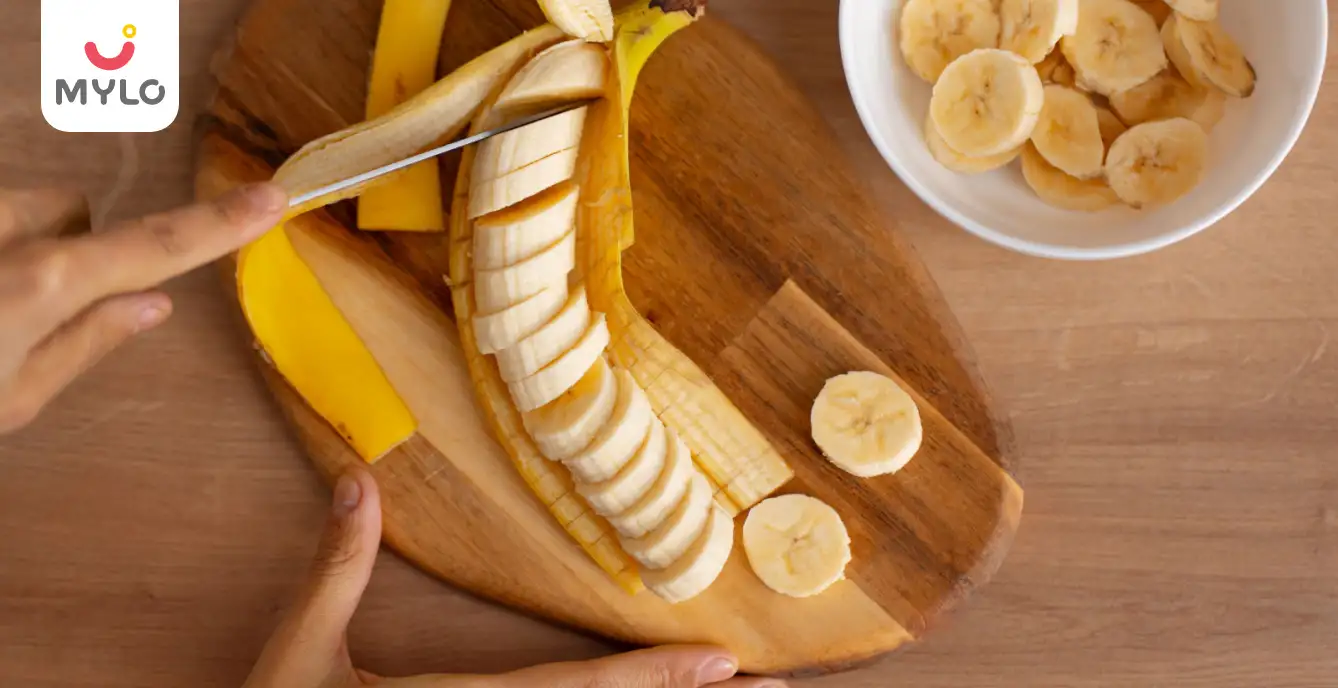
Diet & Nutrition
Is Banana Good for PCOS: A Comprehensive Guide to Understanding Their Relationship
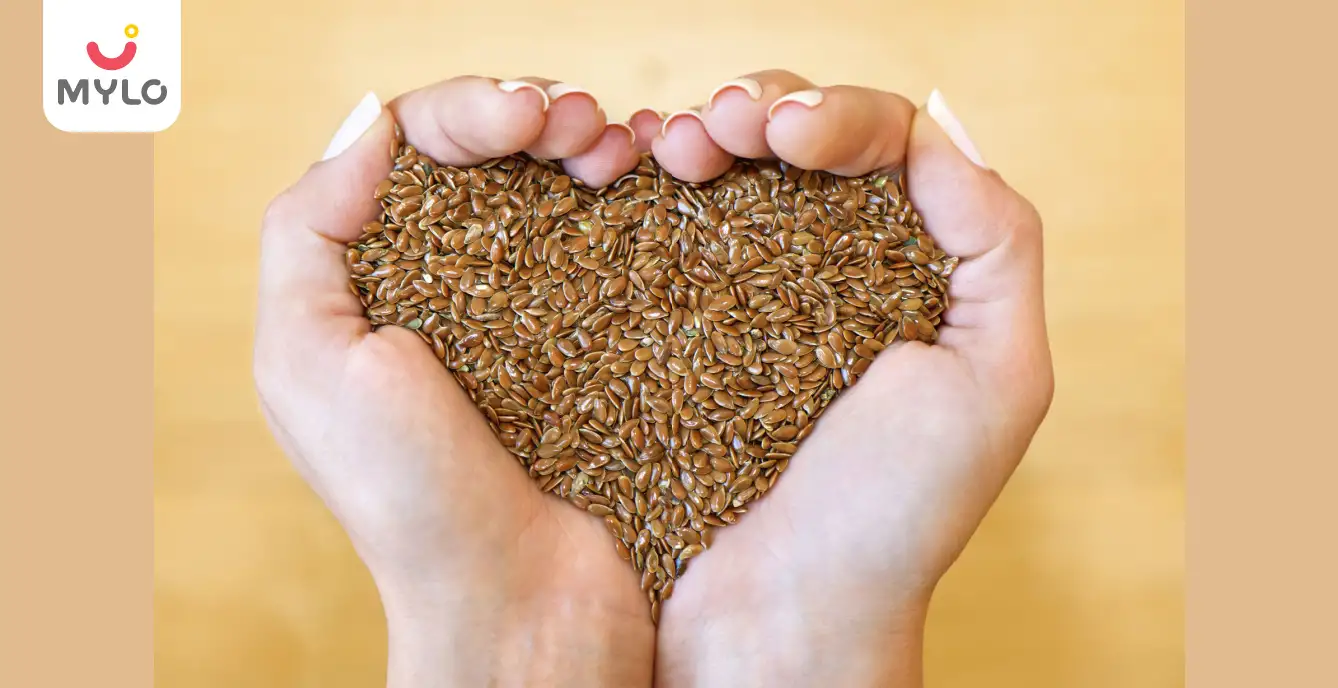
Diet & Nutrition
Flax Seeds for PCOS: How This Superfood Can Improve Symptoms

Herbal Medicines
Shankhpushpi: Discover the Health Benefits of This Ancient Herb

Herbal Medicines
Chamomile: The Ultimate Guide to Discovering its Medicinal Properties and Health Benefits
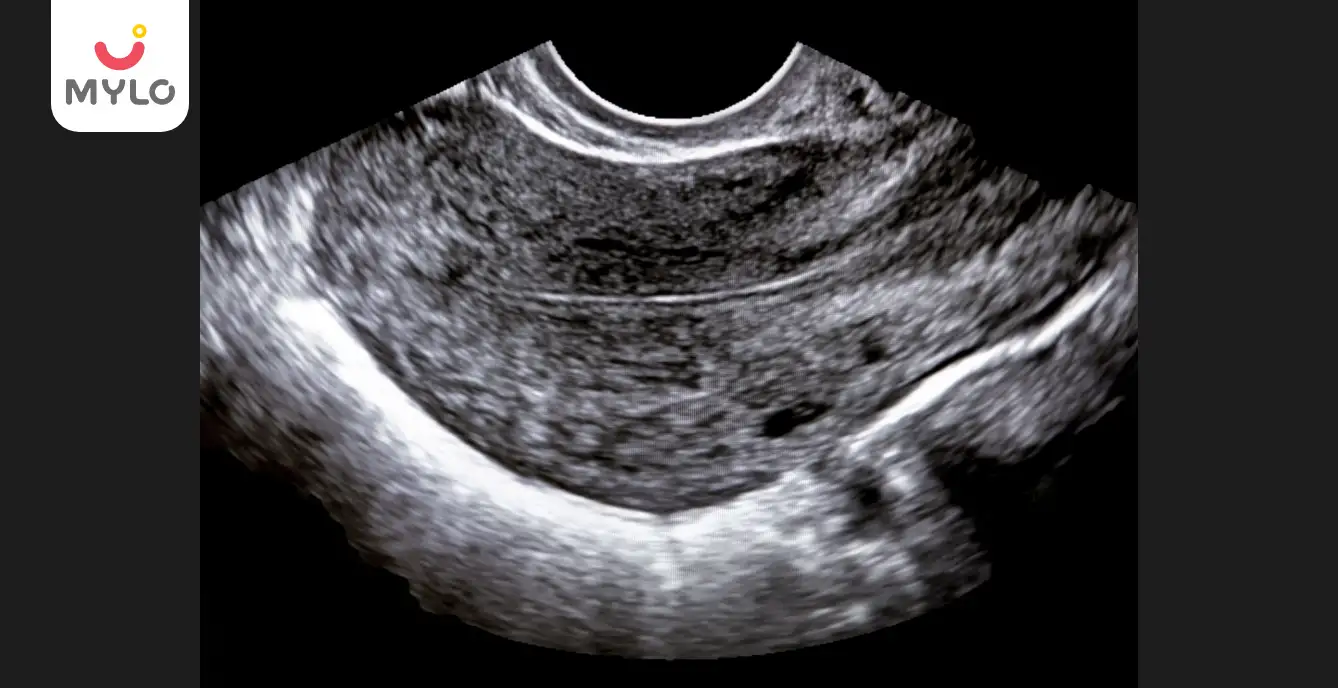
Women Specific Issues
Endometrial Thickness in Pregnancy: Your Guide to Understanding What is Normal
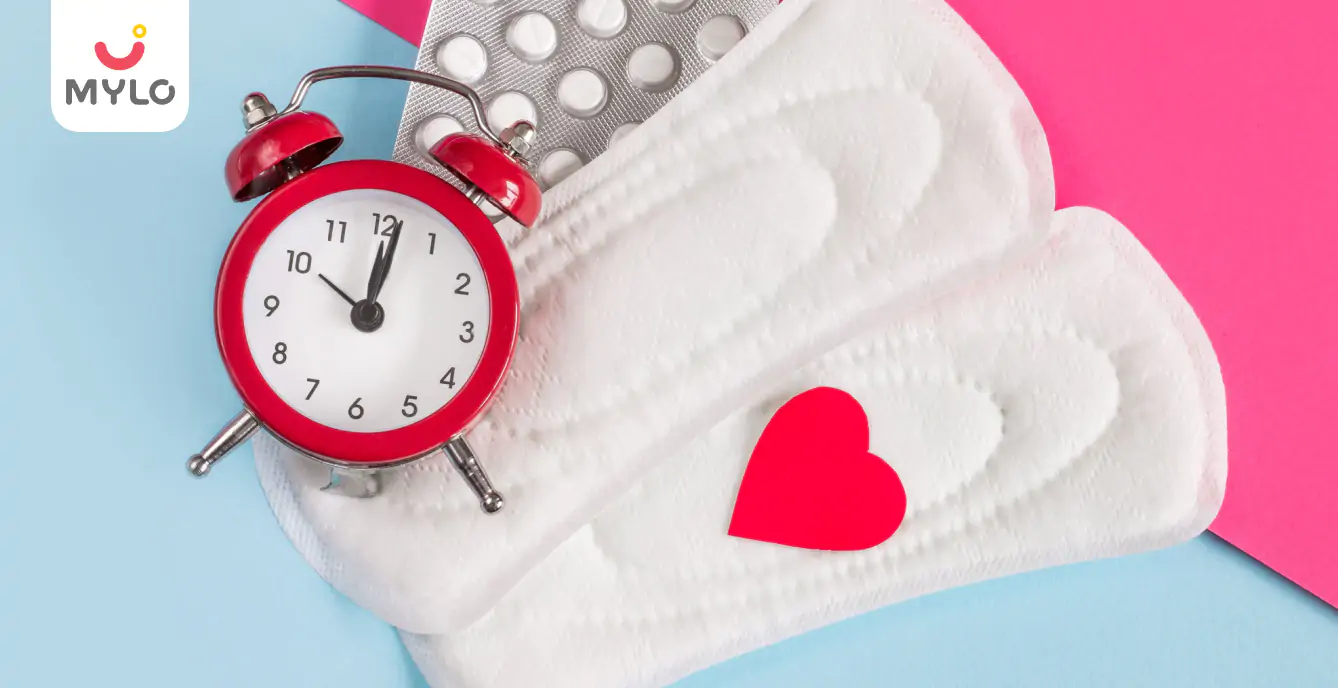
Menstrual Cycle
Hypomenorrhea: When Your Period is Lighter Than Usual
- Anti Mullerian Hormone Test: The Key to Early Detection of Fertility Issues
- Benefits of HSG Test: The Secret to Boosting Your Chances of Getting Pregnant
- Deviry Tablet Uses: How to Maximize The Benefits for Your Reproductive Health
- Endometrial Thickness for IVF: The Ultimate Guide to Successful IVF Outcomes
- Normal Endometrial Thickness: A Key Indicator of Female Fertility
- Uterine Artery Embolization: A Non-Invasive Solution for Fibroids
- Deviry 10mg for Menstrual Disorders: Is It the Right Choice for You
- Hyperprolactinemia: How High Prolactin Levels Can Affect Your Chances of Conception
- Myomectomy: A Comprehensive Guide to Uterine Fibroid Removal Surgery
- The Hormonal Dance: Understanding Which Hormones Regulate Menstrual Cycle
- 7 home remedies to cure cough and cold in infants
- How to Increase Endometrial Thickness: Your Guide to Science-Backed Tips
- Endometrial Scratching: The Ultimate Guide to Meaning, Benefits and Impact on Conception
- The Ultimate Guide to Buying a Baby Bath Tub for New Parents


AWARDS AND RECOGNITION

Mylo wins Forbes D2C Disruptor award

Mylo wins The Economic Times Promising Brands 2022
AS SEEN IN

- Mylo Care: Effective and science-backed personal care and wellness solutions for a joyful you.
- Mylo Baby: Science-backed, gentle and effective personal care & hygiene range for your little one.
- Mylo Community: Trusted and empathetic community of 10mn+ parents and experts.
Product Categories
baby carrier | baby soap | baby wipes | stretch marks cream | baby cream | baby shampoo | baby massage oil | baby hair oil | stretch marks oil | baby body wash | baby powder | baby lotion | diaper rash cream | newborn diapers | teether | baby kajal | baby diapers | cloth diapers |




